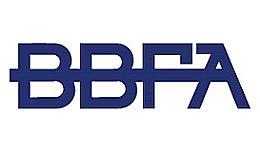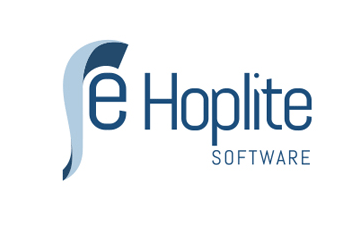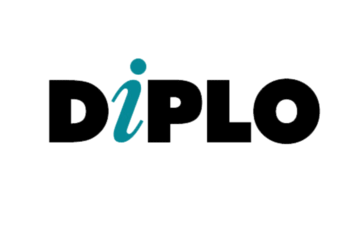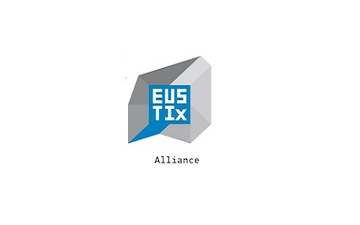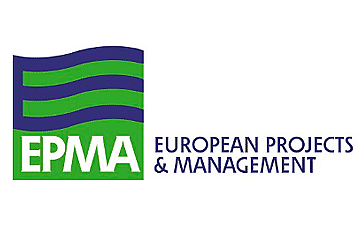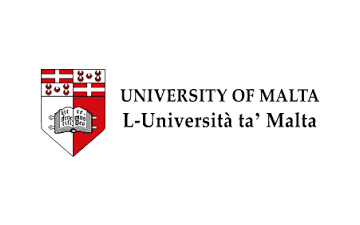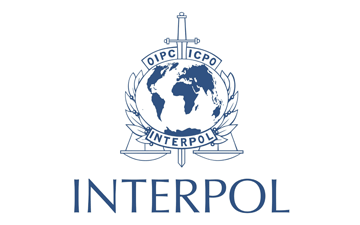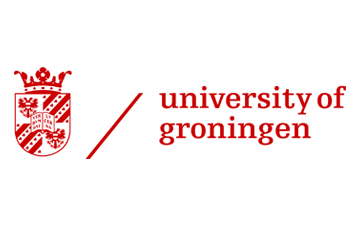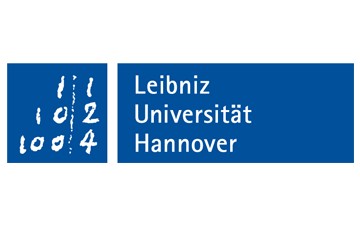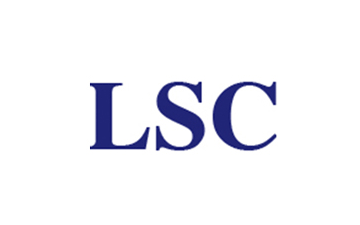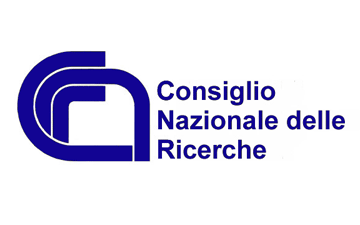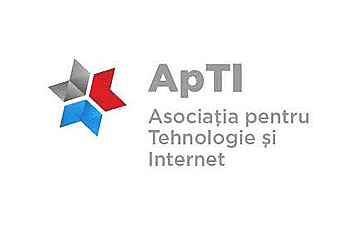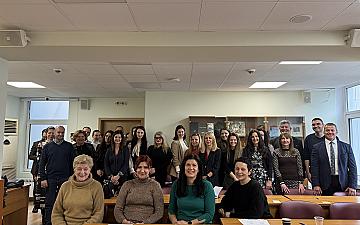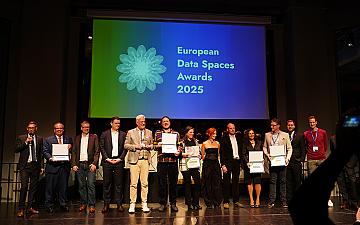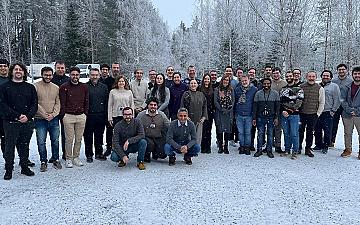Managing Alternatives for Privacy, Property and INternet Governance (MAPPING)
Projects / Completed
Acronym: MAPPING
Period: March 2014 - February 2018
Status: Finished
Contacts: Prof. George Dimitrov, DSc
Description
MAPPING’s goal is to create an all-round and “joined-up” understanding of the many and varied economic, social, legal and ethical aspects of the recent developments on the Internet, and their consequences for the individual and society at large. MAPPING would specifically investigate and debate the existing innovation policies, business models and legal framework related to the implementation of the Digital Agenda for Europe and the changes needed to set up an improved governance structure for the EU innovation ecosystem. The key to MAPPING’s success would be its planned mobilisation of a wide spectrum of ICT-related stakeholders and social actors from both EU Member States and associated countries, including academics, law and policy makers, ISPs, international and EU Internet governance bodies, NGOs and civil society organisations. The project would provide these actors with a forum for informed discussion of issues related to the digital transition, such as problems of personal data and IPR protection online, business models and e-government applications based on the use of personal data, economic exploitation of IPRs and open innovation. MAPPING would then move to create an Action Plan and put forward workable policy guidelines based on a multidisciplinary perspective on the latest and foreseeable developments in ICTs taking into account conflicting interests, perceptions and practices of different societal actors that shape the EU’s technological future. MAPPING would thus significantly contribute to creating an enabling framework for completing the digital transition and improving the innovation climate in the EU.
The project is supported by the European Commission, Section "Science in Society", Subsection "Mobilisation and Mutual Learning", with financing under Seventh Framework Programme (FP7); and is created within the research network LexConverge. Prof. Joseph Cannataci is the main researcher and overall project coordinator as part of the University of Groningen team from the Netherlands. Bulgaria is in partnership with 12 other partners from 10 different countries.
Law and Internet Foundation is responsible for conducting trainings in the three major areas under the project - privacy, IPR protection online and Internet governamance in the context of new business models and open innovation.

